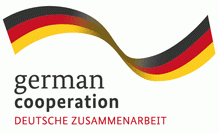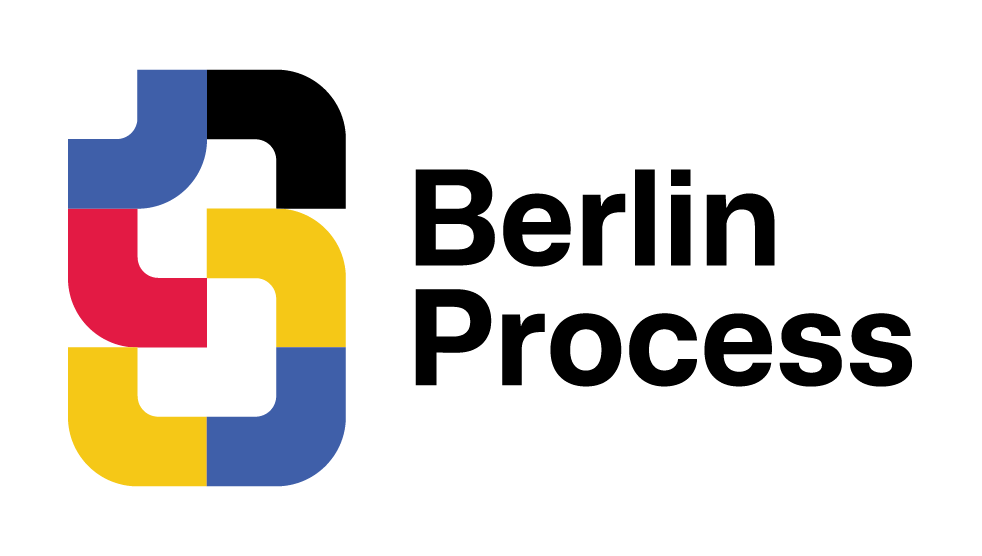The Berlin Process annual summits and the numerous meetings held related to them intensified the interaction between the EU and the WB high-level politicians and succeeded in making important challenges of the Western Balkan states regarding regional cooperation a subject of discussion, as well as subsequently keeping the WB6 on the agenda of the EU-states and institutions.
Through conditioning the infrastructure investments with the implementation of “soft measures”, the Process encouraged the WB6 to rev up the legal and regulatory reforms in line with the acquis. In this sense, it contributed to their rapprochement to the EU and maintained the transformative influence of the Union in the region.
The Berlin Process has also galvanized regional cooperation in resolving the problems of common relevance. Amongst the thematic areas are the infrastructure gap, youth unemployment, low competitiveness of economies and distant prospects of economic convergence with the EU, slow progress in reconciliation, bilateral issues, education and research, Roma integration, and environmental issues.
Finally, the Process succeeded in improving the cooperation of the WB6-governments and initiate new forms of interlinking, and first and foremost to offer a consistent format for all 6 Western Balkan countries. Examples are the Common Regional Market, RYCO, and other institutions in the making. In the scope of the from the Berlin Process initiated initiatives led to an increase of the WB6-governments to take over more responsibility for the Process in the region.
The Berlin Process was initially projected to last for four years, but it has continued beyond the London Summit. The number of EU member states taking part in the Process has been growing by year – Poland hosted the 2019 Summit and Bulgaria co-hosted the 2020 Summit jointly with North Macedonia.
2020
- Regional cooperation took off regarding the COVID-19 pandemic, including the implementation of "Green Lanes"
- November 09-10: The Western Balkans Summit Online (Sofia/Skopje)
- 6 new connectivity projects agreed upon
- Declaration on Common Market was signed
- Declaration on the Green Agenda was signed
- November 09: Think Tank and Civil Society Forum
2019
- Participation of civil society in the Berlin Process intensified
- Regional Roaming Agreement signed
- Roma Integration Declaration endorsed
- July 3-4: Think Tank Forum and Civil Society Forum in Poznan
- July 4: Business Forum in Poznan
- July 3-4: The Western Balkans Summit in Poznan
- 6 transport and 2 energy projects agreed upon
- Memorandum on Cooperation Framework on the SEE International Institute for Sustainable Technologies signed
2018
- Digital Agenda agreed upon, 30 million euros allocated for broadband deployment in the WB
- The Civil Society Forum of the WB contributed to the preparation of the Summit and to the design of its outputs
- 9 transport connectivity and 2 technical assistance projects agreed upon
- (within the EU-WB Sofia Summit)
- The responsibility of the WB6 for the rule of law, protection of human rights
- and good governance and the importance of refraining from populist and nationalist rhetoric were stressed (Brdo- Brijuni Summit)
- July 9: The Civil Society and Youth Forum in London
- July 9-10: The Western Balkans Summit in London
- Progress in monitoring the Berlin Process results: 1st meeting of Security Commitments Steering Group and 1st Stocktaking Seminar on Bilateral Issues
2017
- March 16: WB6 Prime Ministers meeting in Sarajevo – the 1st meeting of the WB PMs in the region
- July 11: The Civil Society Forum in Trieste
- July 11: The Youth Forum in Trieste
- July 11: The Business Forum in Trieste
- July 12: The Western Balkans Summit in Trieste
- One energy investment project 6 transport investment projects agreed upon
- Western Balkan Enterprise Development and Innovation Facility (WB EDIF) launched
- Green for Growth Fund: hydropower and other renewable energy schemes for the WB agreed upon
- Joint Declaration Against Corruption signed
- Consolidated Multi-Annual Action Plan for a Regional Economic Area (REA) in the WB6 presented
- Establishment of the Western Balkans Research Foundation (WBRF) agreed upon
- WB6 CIF Secretariat inaugurated
- WB Core Transport Network Soft Measures agreed upon
- First meeting of coordinators for the Western Balkans Regional Economic Area
- RYCO and WBF launch 1st calls for proposals
2016
- July 4: The Western Balkans Summit in Paris
- July 4: The Civil Society Forum in Paris
- July 4: The Business Forum in Paris
- July 4: The Youth Forum in Paris
- WB Sustainable Charter agreed upon
- Young Civil Servants Pilot Scheme (YCSPS) initiated
- 3 transport investment projects agreed upon
- Green for Growth Fund: hydropower and other renewable energy schemes for the WB agreed upon
- Regional Energy Efficiency Programme (REEP) for the WB/REEP Plus agreed upon
- WB Sustainable Charter agreed upon
2015
- August 27: The Western Balkans Summit in Vienna
- August 27: The Civil Society Forum in Vienna
- August 27: The Business Forum in Vienna
- Agreement to set up Regional Youth Cooperation Office (RYCO) is signed
- WB6 Chamber Investment Forum (WB6 CIF) established
- Energy soft measures agreed upon
- Roadmap for regional electricity market for the WB6 agreed upon
- Declaration on Bilateral Issues signed
- Agreement to set up Western Balkans Fund (WBF) signed
- 4 energy investment projects and 6 transport investment projects agreed upon
2014
- Brdo-Brijuni Process meeting in Dubrovnik – Chancellor Merkel announced the Summit in Berlin
- August 28: The Western Balkans Summit in Berlin
4 sides in the process
- The WB6
- EU member states (Austria, Bulgaria, Croatia, Greece, France, Germany, Italy, Poland, Slovenia, United Kingdom)
- EU institutions (EC, EEAS)
- International financial institutions
4 types of Western Balkans participants
- High official representatives of the WB6
- Civil society – think tanks and activist organisations
- Youth organisations
- Businesses and their associations
4 goals of the process
- Resolution of outstanding bilateral and internal issues
- Achieving reconciliation within and between the societies in the region
- Enhancing regional economic cooperation
- Laying the foundations for sustainable growth
- 7 Western Balkans Summits:
- Berlin (2014), Vienna (2015), Paris (2016), Trieste (2017), London (2018), Poznan (2019) and Sofia/Skopje (online) (2021)
- 100+ preparatory and follow up meetings, bringing together the Western Balkans actors


